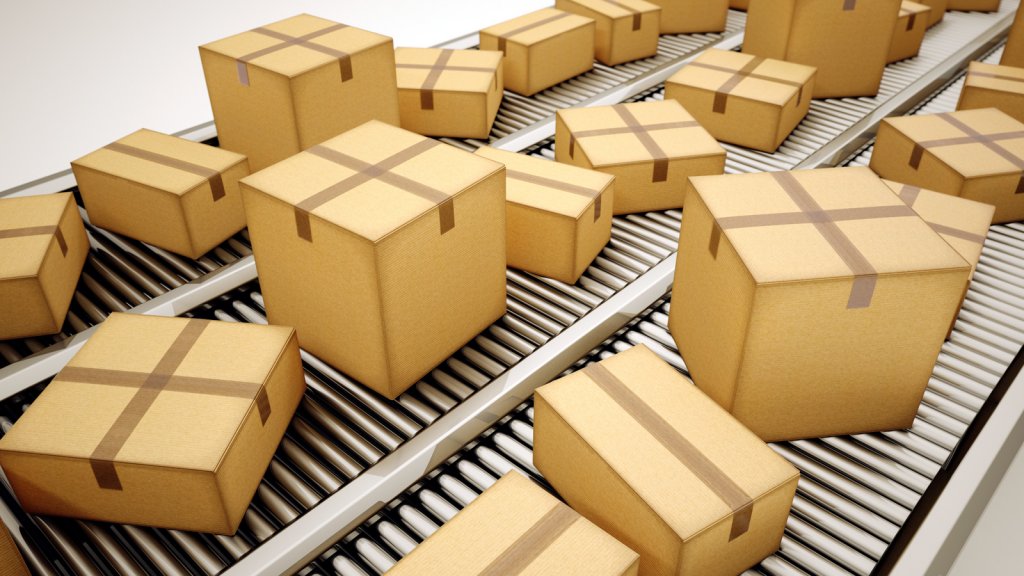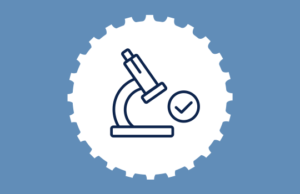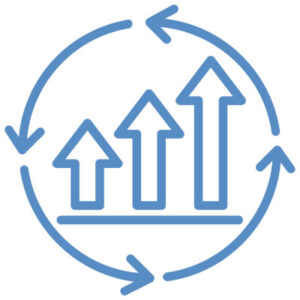Packaging Engineer
A packaging engineer is a vital resource for any organization involved in the production, distribution, and sale of products. Packaging engineers play a crucial role in ensuring that products are protected, visually appealing, and compliant with regulations while minimizing costs and environmental impact. Having a packaging engineer available, whether part-time or full-time, can significantly enhance a company's efficiency, innovation, and overall success.
The skills of a packaging engineer encompass a wide range of areas, making them essential to any organization looking to optimize their packaging processes:
Material Knowledge

Access extensive knowledge of various packaging materials, including plastics, metals, glass, paper products, and sustainable materials.
Cost Optimization
![]()
Packaging engineers are adept at analyzing and optimizing packaging costs. They evaluate material choices, manufacturing processes, and transportation requirements to minimize expenses without compromising quality or functionality.
Regulatory Compliance

Packaging engineers ensure that packaging designs comply with relevant industry standards, regulations, and guidelines. This includes considerations such as food safety, hazardous materials handling, and accessibility for people with disabilities.
Testing and Validation
 Packaging engineers conduct rigorous testing to validate the performance of packaging designs under various conditions, such as temperature changes, humidity, and physical stress. This process ensures that products arrive at their destination in optimal condition.
Packaging engineers conduct rigorous testing to validate the performance of packaging designs under various conditions, such as temperature changes, humidity, and physical stress. This process ensures that products arrive at their destination in optimal condition.
Continuous Improvement
 Packaging engineers stay informed about the latest trends, technologies, and best practices in their field. They continually seek opportunities to improve packaging processes and incorporate new innovations.
Packaging engineers stay informed about the latest trends, technologies, and best practices in their field. They continually seek opportunities to improve packaging processes and incorporate new innovations.
Design Expertise
 Packaging engineers are skilled in creating package designs that are both functional and visually appealing. They consider factors such as product protection, ease of use, and aesthetics while adhering to branding guidelines and industry standards.
Packaging engineers are skilled in creating package designs that are both functional and visually appealing. They consider factors such as product protection, ease of use, and aesthetics while adhering to branding guidelines and industry standards.
Sustainability
 With heightened awareness of environmental concerns, packaging engineers are increasingly focused on creating sustainable packaging solutions. They consider the entire lifecycle of a package, from material sourcing to disposal or recycling, to minimize its environmental impact.
With heightened awareness of environmental concerns, packaging engineers are increasingly focused on creating sustainable packaging solutions. They consider the entire lifecycle of a package, from material sourcing to disposal or recycling, to minimize its environmental impact.
Cross-functional Collaboration
 Packaging engineers work closely with other departments, such as product development, marketing, and supply chain management, to develop packaging solutions that meet the needs of all stakeholders.
Packaging engineers work closely with other departments, such as product development, marketing, and supply chain management, to develop packaging solutions that meet the needs of all stakeholders.
Project Management
 Packaging engineers are skilled in managing projects from concept to completion. They coordinate with various teams, suppliers, and manufacturers to ensure that packaging solutions are delivered on time and within budget.
Packaging engineers are skilled in managing projects from concept to completion. They coordinate with various teams, suppliers, and manufacturers to ensure that packaging solutions are delivered on time and within budget.
Having a packaging engineer available as a part-time or full-time resource offers numerous benefits to an organization. They can help develop innovative packaging solutions that enhance product appeal, differentiate the brand, and improve customer satisfaction. By optimizing packaging costs and minimizing environmental impact, packaging engineers can contribute to a company's bottom line and long-term sustainability.
Moreover, having a dedicated packaging engineer on board can help organizations avoid costly mistakes, such as non-compliant packaging or inadequate product protection, which could lead to product recalls, damaged brand reputation, or even legal issues.
In conclusion, a packaging engineer is an indispensable asset for any organization involved in the production and distribution of products. Their diverse skill set enables them to create functional, visually appealing, and cost-effective packaging solutions while ensuring compliance with regulations and minimizing environmental impact. Whether employed part-time or full-time, a packaging engineer can significantly contribute to a company's efficiency, innovation, and overall success.
Ready to find out more?
Connect with a packaging engineer today.
